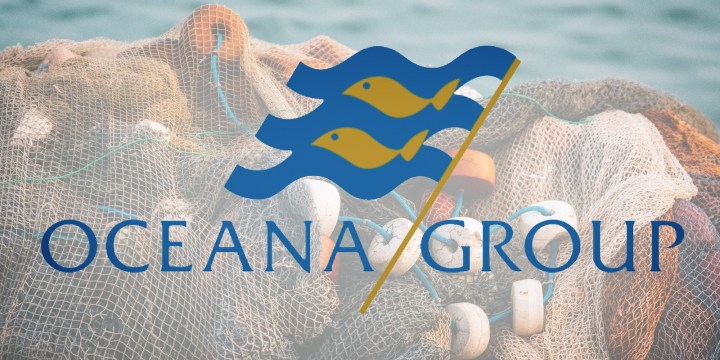COMPANIES
Oceana’s Lucky Star ship comes in, hikes interim dividend by 136%

Oceana’s interim results reveal the importance of global diversification in a tough operating environment.
No doubt buoyed by enthusiastic support from “influencer cooks” such as former finance minister Tito Mboweni, whose love of pilchards is legendary, South Africa’s largest fishing company, Oceana, has sold record numbers of Lucky Star pilchards and enjoyed a strong performance from Daybrook, its US fishmeal and fish oil business.
It’s a sign of tough times for consumers back home as they turn to tinned pilchards as a more affordable form of protein. Fresh chicken, once deemed “affordable”, has now become a “luxury” item out of reach of many.
After delivering strong first-half results, the company reported a 123% increase in headline earnings per share from continuing operations (to 313.5c) and a 48% increase in revenue from continuing operations to R4.5-billion.
The board also hiked its interim dividend by 136% (or 130c per share), compared with the 55c per share for the comparative period.
Operating conditions have been tough, it acknowledges, as the effects of rising interest rates, high inflation and intensified rolling blackouts bit into consumers’ disposable income and were offset against the company’s improved opening inventory levels, strong demand for affordable, shelf-stable protein and record fish oil prices.
Oceana’s wild-caught seafood business (Blue Continent Products) has benefited from greater export demand, which drove up prices. This, and a favourable exchange rate, improved its export returns.
It said catch rates in the Namibian horse mackerel business, while much improved, were offset by poorer catch rates for the South African hake and horse mackerel fisheries and suboptimal vessel utilisation in the hake business.
Demand for affordable and shelf-stable protein, promotional activity and good opening stocks boosted Lucky Star sales by 21% to a record five million cartons. But its margins were affected mainly by the weaker rand which made importing frozen pilchards more expensive and above-inflation increases for other input costs.
Oceana is the world’s biggest buyer of frozen pilchards. Its chief financial officer, Zaf Mahomed, told the JSE Quarterly that they aren’t constrained by localised restrictions on catches, migration patterns or weather conditions: “Effectively, there’s no limit on supply.”
Rolling blackouts added R12-million to operating costs due to an increased reliance on generators, but the impact has been limited as fishing vessels are “self-contained processing plants”.
African fishmeal and fish oil sales volumes were up 39% due to better opening stock levels and a 76% increase in anchovy and red-eye landings.
Firm dollar market prices off the back of demand contributed further to the performance, with fishmeal up by 11% and fish oil by 60%.
In the US, Daybrook’s fishing season began in mid-April, but Oceana said good stock levels from the previous season resulted in fishmeal sales increasing by 78% to 21,895 tonnes and fish oil sales by over 100% to 4,852 tonnes.
At 36%, operating margins were the best they have been since Oceana acquired Daybrook in 2015. This, and the weaker rand-dollar exchange rate contributed to the group’s strong performance.
In a statement, Oceana CEO Neville Brink credited the results to Oceana’s diversified, three-pillar business model:
“We’re a diversified business in terms of the species we harvest, the geographies in which we operate and the products we sell because this mitigates risk.
“This is evident in the results. While the weaker rand affected Lucky Star margins, despite record sales, this was more than offset by strong demand and continued price improvements for most of our products, together with the benefits of the weaker currency on our US and export-directed operations.”
Shares in Oceana, which has a market cap of R9.28-billion, surged by 5% in early morning trade, before steadying to about 2.3% shortly after lunchtime. DM


















 Become an Insider
Become an Insider
Comments - Please login in order to comment.